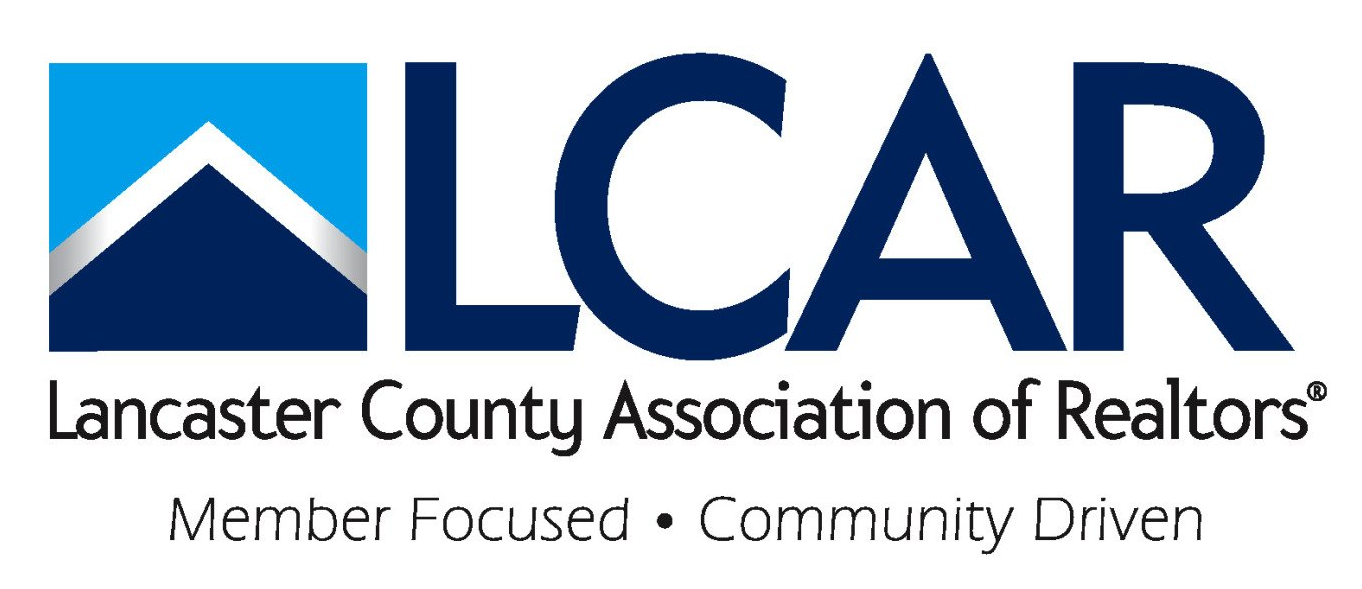What Should and Shouldn't a Home Inspector Do?

In the course of a home inspection, there are certain things that home inspectors should and shouldn’t do.
Contrary to what most consumers and even many Realtors® believe, there is no licensing or direct regulation of home inspectors in the Commonwealth of PA. Various licensing bills have been introduced in the legislature over the past 20+ years. A licensure bill passed both houses of the PA legislature last year but was vetoed by the governor. We are left with PA Act 114 in 2001 (also known as the Home Inspector Compliance Law) which passed in 2001 and stipulated what home inspectors are supposed to do or not do, however this law provided absolutely no enforcement or actual regulation from the Commonwealth of PA. There is no board of home inspectors nor any other state agency to oversee what home inspectors in PA are doing. I sometimes find this a little disturbing, especially after we hear stories of potential fraud or criminal acts that some inspectors have been accused of over the years. Approx. 34 other states regulate or license home inspectors but PA is not one of them.
Per PA Act 114, a home inspection is defined as: “A noninvasive, visual examination of some combination of the mechanical, electrical or plumbing systems or the structural and essential components of a residential dwelling designed to identify material defects in those systems and components, and performed for a fee in connection with or preparation for a proposed or possible residential real estate transfer.”
We perform home inspections for home buyers, home sellers, and homeowners (not buying or selling a home), but, for the intended purpose of the law, the definition is geared towards home sales.
These definitions and standards set by Act 114 and the ASHI Standard of Practice (SoP) set documented guidelines and also are meant to protect the homeowner, the inspector, and everyone else involved in the home sales process.
By non-invasive, and again assuming that we are talking about a buyer’s home inspection. A common misconception that I have found over the years is that most homeowners (and I believe even some Realtors®) seem to assume that the home inspector will move whatever is in their way when inspecting. This is simply not true and actually quite the opposite. We don’t move the seller’s belongings, furniture, boxes, shelving, etc. and we do not tear into walls, flooring, ceilings, etc. It is still the seller’s home and we must respect it as we don’t want to break any of the seller’s property.
It is very important that listing agents educate their sellers about the home inspection process to ensure that the home is ready to be inspected before the inspector, the home buyer, and their Realtor® arrive. We can only inspect what we can safely access and see so I actually email ‘house prep’ information to the listing agent ahead of time to provide to their sellers to help get the home ready. Areas or systems that can’t be accessed or aren’t operational at the time of the inspection will be noted in the inspection report and will lead to an uncomplete inspection.
The law and the ASHI Code of Ethics (ASHI CoE) also state that home inspectors can only legally provide the findings of the inspection to our client. By findings, this means our verbal discussions and the written report. We can’t discuss anything inspection-related nor can we share the inspection report with any party other than our client. In the inspection agreement (which is a binding legal contract) between the inspector and their client, there normally is a clause in which the client gives permission for the inspector to provide a copy of the inspection report to the client’s Realtor®.
Other things prohibited by Act 114 and/or the ASHI CoE includes inspectors offering to repair things found during an inspection, offering kickbacks to Realtors® and others that refer business to the inspector, etc.
The home inspection is a confidential process and any related discussion between the inspector and his client is confidential and private. This is a good reason why sellers, tenants, or listing agents are generally not present for home buyer inspections. The inspection generally entails an approximately 3 hour long continuing discussion about what the inspector is finding and recommending as well as answering the buyer’s questions and concerns in real time.
There are some exceptions to this requirement, such as if the inspector finds something that could present an immediate safety hazard to the seller, such as a gas leak.
The ASHI CoE states that the inspector is supposed to be impartial meaning they should not over- or under-state the severity of an issue and should not bias their report to their client. Even though the inspector is most often working for the home buyer and should look out for their best interests, they should still be fair to the home seller in terms of how they inspect, evaluate a home, and report on their findings.
Inspectors are permitted to provide an estimated life expectancy for home components or systems (such as the major appliances) in the home. A good example is an approximate age of a roof. Unless the inspector was present when the roof was installed, exact information will not be known to him. However, as a service to my clients, I typically will give an approximate range of age based upon what I can see, such as ‘the roof appears to be less than 10 years old’. For certain appliances (such as heating and cooling systems, water heaters, etc.), their manufacture dates are most often easily discernable to the inspector from the appliance’s serial number. Some inspectors do not offer this type of information whereas other inspectors do as it’s often based upon the inspector’s experience, research, and customer service level.
PA Act 114 does allow inspectors to provide price estimates for repairs, but it must be done in a range of prices and the source of the price information must be provided. Most inspectors, including myself, don’t provide repair quotes as we are not general contractors nor specialists in a specific trade. Plus, since we are doing a visual, non-invasive inspection, what we see (without becoming invasive) may not be the full extent of an issue. Providing a repair quote estimate without knowing all of the details of the issue can often be misleading to our client. A contractor called in to evaluate an issue can become more invasive that a home inspector is permitted and, thus, can get a better grasp as to the severity of the issue and provide a more accurate repair estimate. The law also says that, if the inspector is providing repair estimates, the report should encourage the client to obtain an estimate from a contractor who performs the type of repair involved.
Something else that the home inspector should do is protect and respect the home seller by way of limiting who is inside the home during the inspection. Paragraph 12 of the PA Agreement of Sale (AOS) says that only those listed on the sales agreement may attend the inspection. I have found that many Realtors® are not aware of this rule instituted by their own association (PAR). The home is still owned by the seller and not following this guidance can disrespect the seller (the current homeowner) as they likely didn’t expect (or approve) random people not involved in the inspection from being inside their home. Like many inspectors, over the years, I’ve had people not involved in the home purchase attend inspections and, several times, had found out later that either things were stolen, broken, or otherwise not left the way the seller intended, unbeknownst to the inspector, the buyer, or his or her Realtor®. People not involved in the home purchase should not be tagging along during the inspection, whether or not they are being directly supervised by the inspector or the buyer’s Realtor®. Uninvolved parties inside the seller’s home also greatly increases the legal liability of the inspector, the home buyer(s), and their Realtor®.
Facts, opinions and information expressed in the Blog represent the work of the author and are believed to be accurate, but are not guaranteed. The Lancaster County Association of Realtors is not liable for any potential errors, omissions or outdated information. If errors are noted within a post, please notify the Association. Posts represent the author's opinion and are not necessarily the opinion of the Association.












